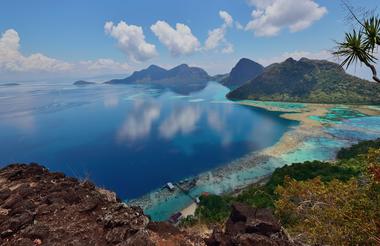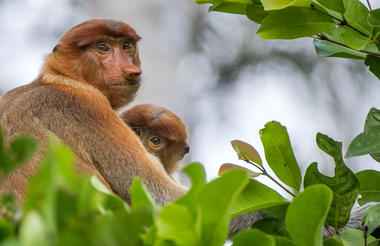How Can We Help?
Frequently asked questions about Malaysia.
Visa & Border Crossings
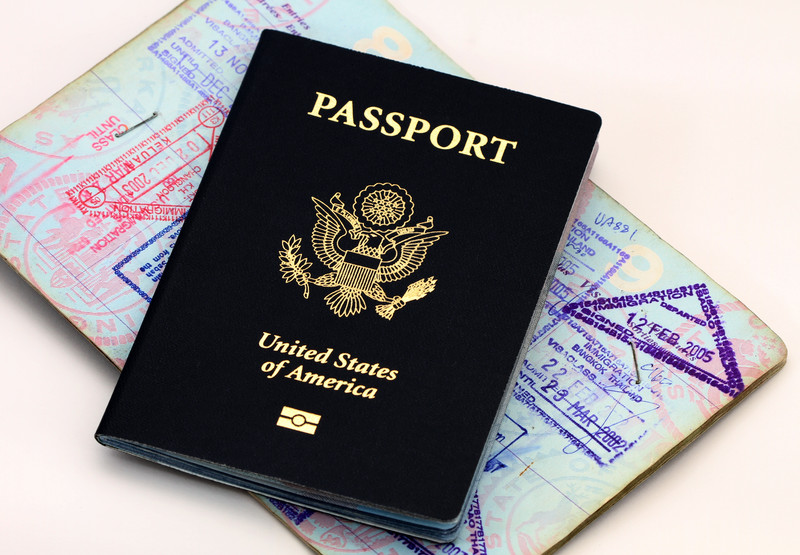
If you’re planning a trip to Malaysia, it’s important to make sure that you have the correct travel documents to ensure a smooth and hassle-free travel experience. Here’s what you need to know about passport and visa requirements for Malaysia:
Passport Requirements
Your passport needs to be valid for at least six months beyond your planned departure date from Malaysia. Additionally, your passport should have at least one blank page for the entry stamp.
Visa Requirements
Whether or not you need a visa to enter Malaysia depends on your nationality. Citizens of some countries are exempt from obtaining a visa for a stay of up to 90 days, while others need to apply for a visa in advance.
It’s important to check the visa requirements for your specific nationality on the website of the Malaysian Embassy or Consulate in your country. Keep in mind that Malaysia does not offer visas on arrival, so you need to obtain a visa in advance of your travel if you are required to have one.
Special Requirements for Minors
If you’re traveling to Malaysia with a minor (under 18 years of age), there are additional requirements that you need to be aware of. Minors need to have a notarized consent letter from their parents or legal guardians, stating the purpose of travel, the duration of stay, and the contact information of the parents or legal guardians. The minor should also have a valid passport and any necessary visas.
Visa Application Requirements
If you need to apply for a Malaysian visa, the required documents vary depending on the type of visa you’re applying for and your nationality. Generally, you need to provide a completed visa application form, a valid passport, passport-sized photos, proof of travel itinerary, and proof of sufficient funds to cover your expenses during your stay.
You may also need to provide additional documents such as a letter of invitation, proof of accommodation, or a return ticket. It’s important to carefully review the requirements for your specific visa application to ensure that you have all the necessary documents.
In summary, passport and visa requirements are an essential part of traveling to Malaysia. By understanding the requirements, you can ensure that you have all the necessary documents and information for a smooth and enjoyable trip. If you have any questions or concerns, feel free to contact our travel experts who can guide you through the process.
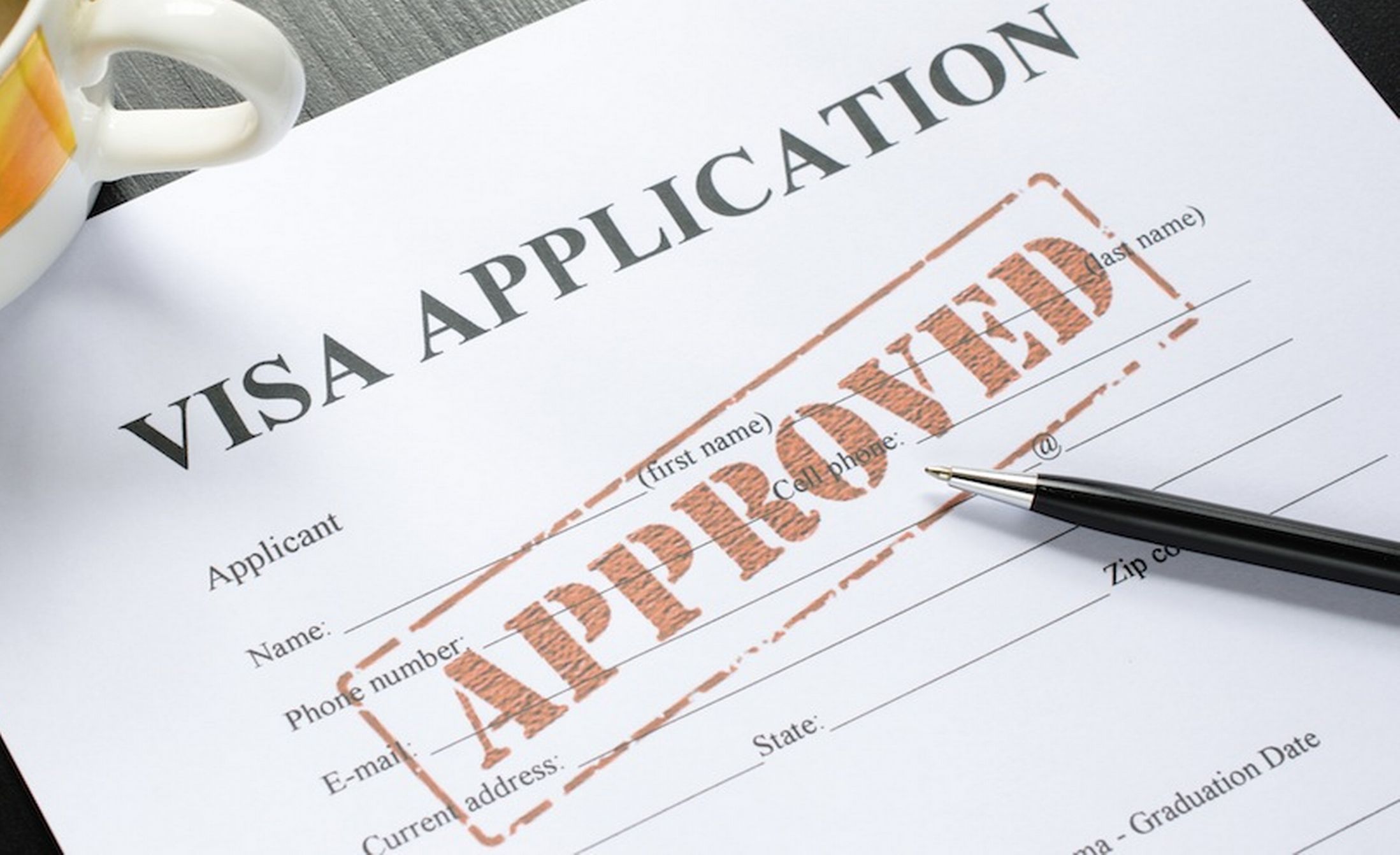
If you need a visa to enter Malaysia, you can apply at the Malaysian Embassy or Consulate in your country. Here’s what you need to know about the visa application process:
- Gather the Required Documents
Before you can apply for a visa, you need to gather all the necessary documents. The requirements vary depending on the type of visa you’re applying for and your nationality, but generally, you need to provide a completed visa application form, a valid passport, passport-sized photos, proof of travel itinerary, and proof of sufficient funds to cover your expenses during your stay.
You may also need to provide additional documents such as a letter of invitation, proof of accommodation, or a return ticket. It’s important to carefully review the requirements for your specific visa application to ensure that you have all the necessary documents.
- Fill Out the Visa Application Form
Once you have all the required documents, you need to fill out the visa application form. The form is usually available on the website of the Malaysian Embassy or Consulate in your country. Make sure that you fill out the form completely and accurately.
- Pay the Visa Application Fee
You’ll need to pay a visa application fee when you submit your application. The fee varies depending on the type of visa you’re applying for and your nationality. Make sure that you have the correct amount in the correct currency before you go to the embassy or consulate.
- Submit Your Application
Once you have all the required documents and have filled out the application form, you can submit your application to the Malaysian Embassy or Consulate in your country. Make sure that you submit your application well in advance of your planned travel date to allow for processing time.
- Wait for Processing
After you’ve submitted your application, you’ll need to wait for it to be processed. The processing time varies depending on the embassy or consulate and the type of visa you’re applying for. It’s important to be patient and plan accordingly.
- Collect Your Visa
Once your visa has been approved, you can collect it from the Malaysian Embassy or Consulate in your country. Make sure that you bring your passport and any other required documents with you when you go to collect your visa.
Applying for a visa at a Malaysian Embassy or Consulate requires careful planning and attention to detail. By following these steps, you can ensure that you have all the necessary documents and information for a successful application. If you have any questions or concerns, don’t hesitate to contact our travel experts who can guide you through the process.

Pre-arranged visas on arrival can be arranged through Discovery DMC for travellers arriving at Kuala Lumpur International Airport (KUL). Malaysian DMC requires passengers’ passport details including name as spelled in your passport, nationality, passport number and occupation together with scanned copy of passport which shows clients’ pictures taken within 3 weeks prior to arrival in Malaysia. Discovery DMC will apply for tourist visas and send a visa confirmation letter issued by the Malaysian authorities to the travel agency or traveler by email attachment. Travellers will have to show this visa confirmation letter to the airline when boarding the international airport. Upon arrival at the International Airport travelers have to contact the Visa on Arrival counter, show their visa confirmation letter, hand over 1 passport photo and pay the visa fee of US$ 30 per person (subject to change without prior notice). Discovery DMC charges a handling fee for all visas on arrival of US$ 50.
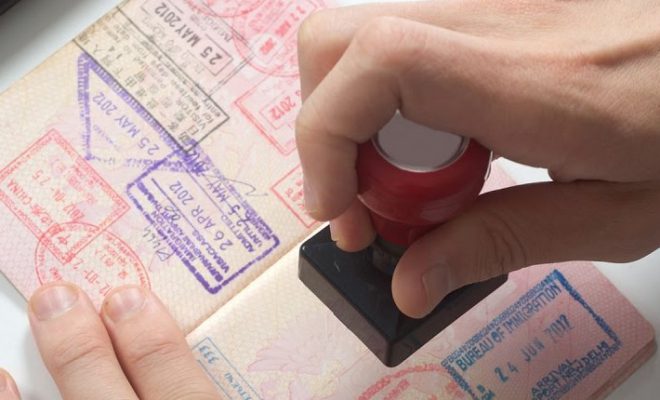
Yes, it is possible to apply for a visa extension while in Malaysia. However, you must do so before your current visa expires. You can apply for an extension at the nearest Immigration Department or by using the MYEntry online system. Keep in mind that visa extensions are not guaranteed, and you must provide a valid reason for needing to extend your stay in Malaysia.
If you overstay your visa in Malaysia, you may be subject to fines, imprisonment, or deportation. The penalties for overstaying depend on the length of time you have overstayed and the type of visa you hold. The longer you overstay, the higher the penalty. For example, overstaying for less than 14 days may result in a fine, while overstaying for more than 14 days may result in a fine and imprisonment. It’s important to note that overstaying can also affect your ability to enter Malaysia in the future, as your name may be blacklisted in the immigration system. To avoid overstaying, make sure to apply for a visa extension before your current visa expires, or plan your travel itinerary accordingly.
Travelling in Malaysia
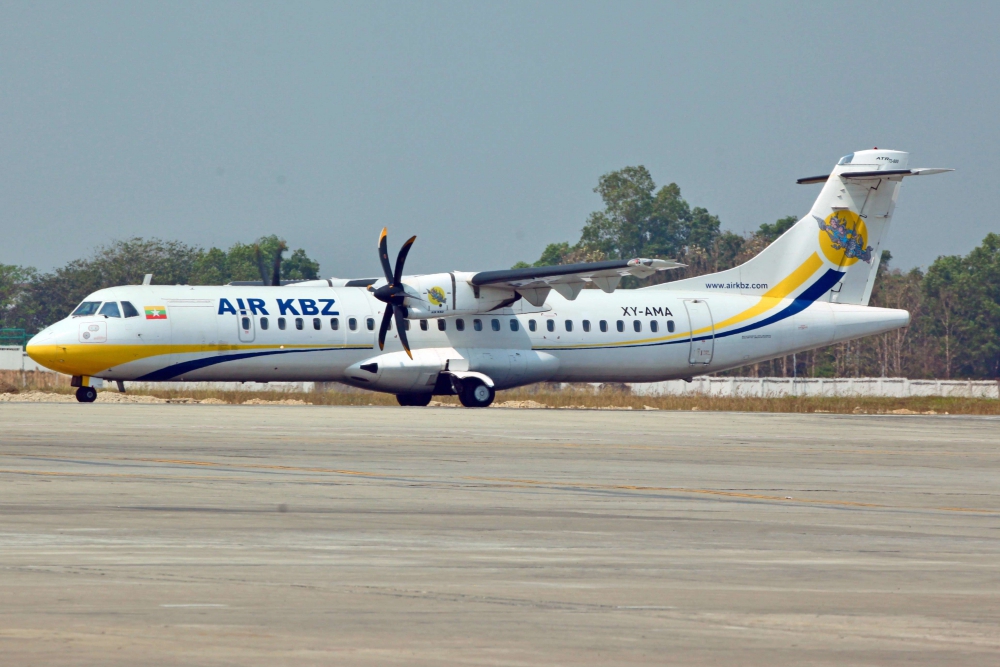
Travel within the country is relatively cheap and efficient. All the major cities and towns are equipped with an airport and the roads are generally well maintained. In the capital, Kuala Lumpur, the public transportation infrastructure is pretty good, what keeps the city from congestions is the Mass Rail Transit system (MRT) and Light Rail Transit system (LRT). These rail systems, link the capital, KL, to the suburbs of the state of Selangor.
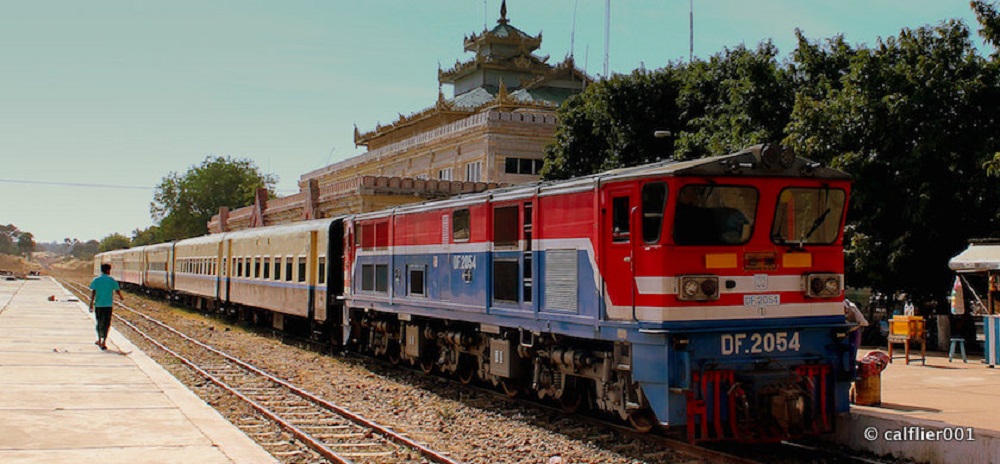
There is also the commuter train system, which is operated by Keratapi Tanah Melayu (KTM) this services Kuala Lumpur and its surrounding districts.
KTM also operate the intercity train services, they ply the whole length of Peninsula Malaysia right down to Singapore. Regardless of which rail lines that you travel on in Malaysia, the entire rail infrastructure is integrated as a network with the Kuala Lumpur Sentral Train Station serving as the hub for the entire Peninsula Malaysia.
In certain parts of Malaysia, the main mode of transportation is the riverine transport system. This is especially so in Sarawak where ferries and express boats ply up and down the Rejang River, the longest river in Malaysia.
Further up north, Labuan is interconnected to Kota Kinabalu City by express ferries as well. These boats or ferries are known as “Express Boats” for one reason only, they are fast! Powered by high-speed marine diesel, these missile-shaped boats can travel up to 30knots against the current while fully loaded with a hundred passengers. In Peninsula Malaysia, certain areas especially the islands are also serviced by ferries. Penang Island is linked to Mainland Butterworth by ferries in addition to the Penang Bridge. Pangkor Island and Tioman Island are also serviced by boats.
By Bus or Coach
Apart from intercity services, taxis in Malaysia also cover interstate routes. These taxis normally charge on a per person basis unless you charter the whole taxi for yourself. Intercity taxis in the capital run on the metered fare, while fares for those taxis in other cities and towns are based on a negotiated rate.
By Trishaw
The best thing about trishaws is the fact that they are environmentally friendly, using pedal power. You can still find trishaw in Penang and Sibu town. This novel means of moving around is actually meant more for the curious tourist rather than the locals. Make sure you negotiate the fare first before climbing into one of these trishaws.
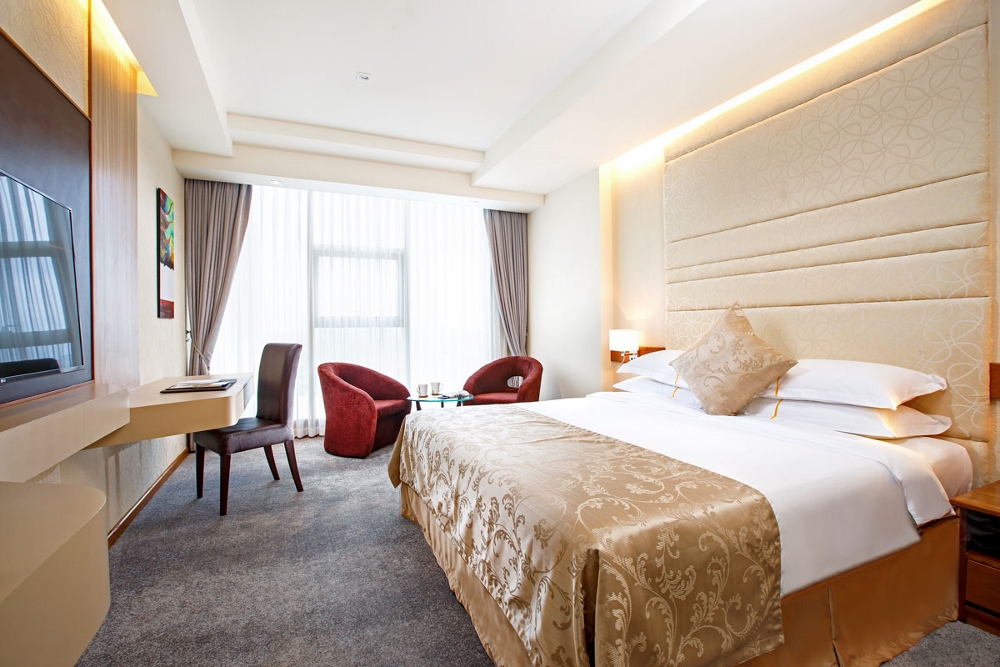
As a popular tourist destination, Malaysia offers a range of accommodation options to suit every budget and preference.
Hotels and Resorts:
Malaysia has a range of hotels and resorts, from budget-friendly options to luxurious five-star establishments. The standards of these establishments vary depending on the price range, but you can generally expect clean and comfortable rooms, air conditioning, and basic amenities such as Wi-Fi, television, and toiletries.
Homestays:
If you prefer a more local experience, Malaysia also offers homestays in rural areas or in traditional villages. Homestays allow visitors to stay with a local family and experience their culture and way of life. These accommodations typically provide basic amenities, and visitors are expected to participate in local activities such as farming or cooking.
Hostels:
For those on a tight budget, hostels are a popular option in Malaysia. These accommodations offer shared dormitory rooms with basic amenities such as Wi-Fi, lockers, and communal bathrooms. Hostels in Malaysia are generally clean and safe, with many offering social activities and tours for guests.
Regardless of the type of accommodation you choose, you can expect a warm and friendly welcome from the Malaysian people. The country is known for its hospitality and kindness, and you’re sure to feel at home during your stay.

Kuala Lumpur is a cosmopolitan city where there is no particular dress code and where you will find all fashions. In keeping with many Muslim countries, you will find that people in the capital city and other major towns are used to foreigners, and are therefore likely to be more tolerant and more liberal. However, away from the tourist areas, the population is more traditional and rigid so please be sure to cover your shoulders, stomach, hips and bare legs. It is hot and humid so we suggest that lightweight clothes in natural fibers (linen, silk or cotton) will be most comfortable.
Merino wool is a good choice to wear against your skin as it naturally helps to regulate your body temperature. It wicks away moisture when it’s hot, and doesn’t retain odors – even after prolonged wear. Rain is frequent, so lightweight clothes will also dry more quickly. Hotels, restaurants, and shopping malls are usually air-conditioned and at times this can be pretty fierce, so be sure to carry a sweater or pashmina in your bag. Wear plenty of sunscreen, sunglasses and a hat.
Mobile & Internet
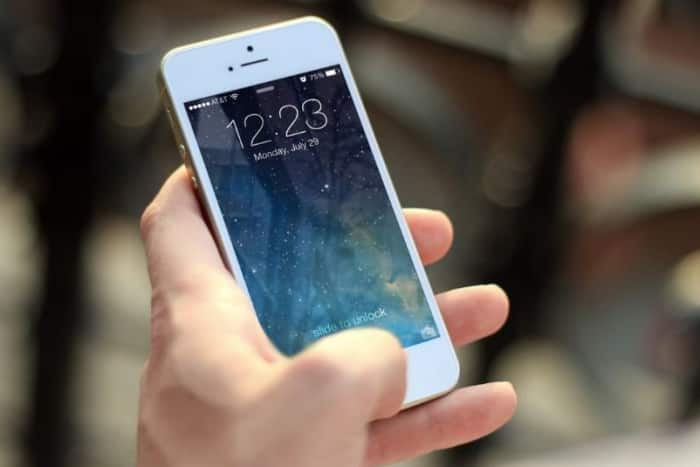
Staying connected while traveling is essential, and Malaysia offers a reliable and extensive mobile network coverage.
Malaysia has three main mobile network providers: Maxis, Celcom, and Digi. These providers offer a range of plans, including prepaid and postpaid options, with varying data limits, call minutes, and SMS.
In addition to the local providers, many international mobile networks also provide coverage in Malaysia. However, roaming charges can be expensive, and we recommend checking with your provider to see if they offer any international roaming packages.
Wi-Fi is also widely available in Malaysia, with many cafes, restaurants, and hotels offering free Wi-Fi access to customers. Some tourist attractions and public places also provide free Wi-Fi access.
To purchase a local SIM card, you can visit one of the many mobile network provider stores or authorized resellers throughout Malaysia. SIM cards are available for purchase at airports and convenience stores as well.
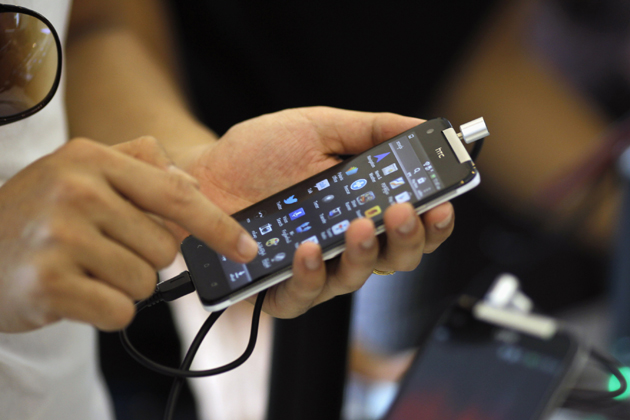
Malaysia offers reliable and fast internet access throughout the country. Wi-Fi is widely available in Malaysia, with many cafes, restaurants, and hotels offering free Wi-Fi access to customers. Some tourist attractions and public places also provide free Wi-Fi access. For those who need internet access on the go, there are several options available. Many mobile network providers offer prepaid and postpaid plans with data limits, call minutes, and SMS. You can purchase a local SIM card at one of the many mobile network provider stores or authorized resellers throughout Malaysia. SIM cards are also available for purchase at airports and convenience stores. In addition to mobile network providers, Malaysia also has several internet service providers (ISPs) that offer broadband internet services to homes and businesses. The ISPs offer different plans with varying speeds and data limits, and some may require a contract or installation fee. Malaysia is also well-equipped with co-working spaces, with many major cities offering a range of options. Co-working spaces provide reliable internet access, meeting rooms, and a conducive environment for work.
Malaysia Overview
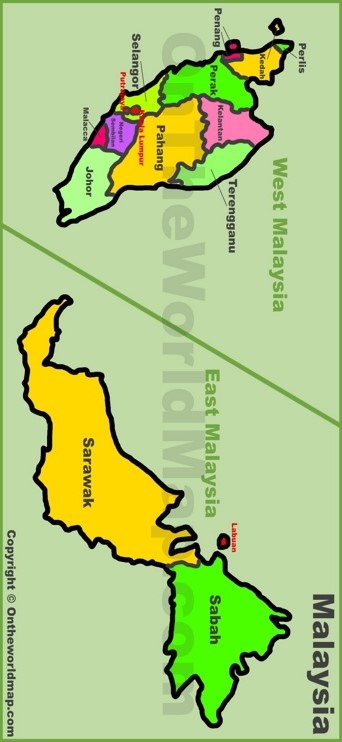
| Country Facts & Figures | |
|---|---|
| Country Name: | Malaysia |
| President: | Mahathir Mohamad |
| Population: | 32,049,700 |
| Capital: | Kuala Lumpur |
| Cities: | Kuala Lumpur, George Town |
| Area: | 330,803 km2 (127,724 sq mi) |
| Highest point: | Mount Kinabalu 4,095 m (13,435 ft) |
| Languages: | Malaysian, English |
| Religions: | 61.3% Islam, 19.8% Buddhism, 9.2% Christianity, 6.3% Hinduism, 1.3% Chinese folk religion, 1.0% Unknown, 0.4% Others, 0.7% Irreligion |
| Ethnic groups: | 68.8% Bumiputera (Malay & Orang Asli), 23.2% Chinese, 7.0% Indian, 1.0% Others |
| Time: | UTC+8 (MST) |
| Country code: | +60 |
| Currency: | 1USD = 4.12 Malaysian Ringgit (RM) (MYR) |

Malaysia has a tropical climate and offers warm temperatures throughout the year, with an average monthly temperature ranging between 23°C and 32°C. There is a clear east-west split in the weather. The west coast islands of Penang, Langkawi and Pangkor are at their best weather-wise during December to April, with the east coast enjoying drier weather from April to October. The rainy season for the west is April to October, while the east receives stormy monsoon weather during November and December. The best time to visit Borneo is March to October, with the wettest months being November to February. The capital, Kuala Lumpur remains warm all year round but has less rainfall during June to August.
GMT + 8 hours.
Language & Culture
The official language is ‘Malay’ with numerous regional and minority languages and dialects. English is spoken at all major hotels. Basic English is also spoken widely throughout the country, and travelers will almost always find someone who will at least understand and speak a few words of English. Discovery DMC provides guiding services in English, German, French, Italian, Spanish, Russian, Japanese, Thai and Chinese.

Never drink tap water – purified, bottled water is available everywhere. Eat at established restaurants and avoid peeled or cut fruit as well as ice cubes. It is wise to guard against sunburn, dehydration and heat exhaustion. Light clothing made from natural fibers is useful most of the year around and a sweater or jacket is needed when touring hill areas.
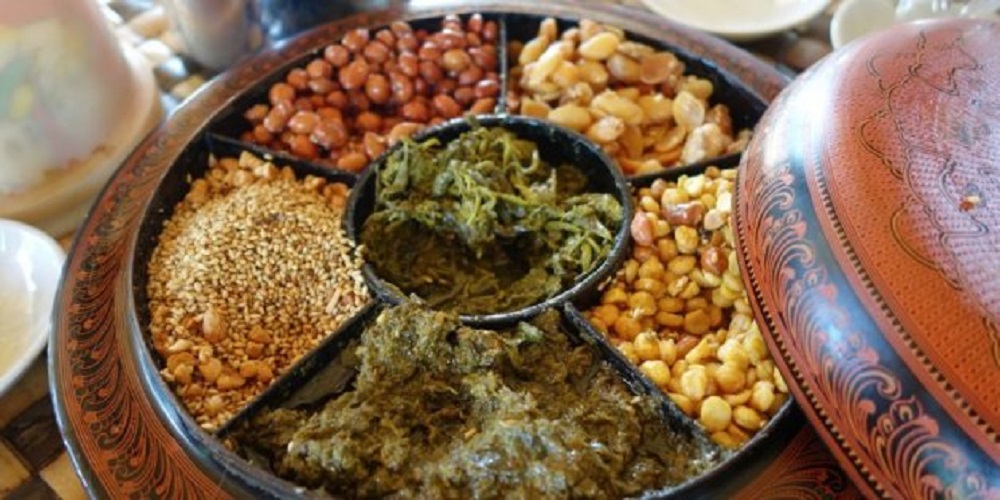
If shopping is the national pastime in Malaysia, then food is the national obsession. It is not uncommon to be greeted by the phrase ‘Sudahmakan?’ (Have you eaten already?). Everything in Malaysia revolves around great food. Locals usually never eat at home; unless it is with family. Everybody eats outdoors every night; Malaysia is all about food.
Eating out is very common in Malaysia. The biggest part of the population seldom cooks at home. The main reason is that eating out is generally cheaper than buying ingredients at the supermarket and cooking your own dishes. Another reason is that eating outside is part of the Malaysian (and other Asian) culture, there is no better place to get in touch with friends and relatives than during a delicious meal. Most dishes in Malaysia are either based on rice or mee. Malay dishes often contains beef, chicken, mutton or fish; but never pork as Malay food needs to be halal. Chinese dishes often contains pork. Indian dishes are often vegetarian; and they never contain beef (though Indians do eat chicken, mutton and fish). Most dishes will be served with some vegetables; either mixed through the dish or served as a side dish.

Situated between 1° and 6°N, the whole of Malaysia has a classic equatorial climate with high temperatures and wet months throughout the year. Temperatures at sea level range from 21ºC to 32ºC, whilst at higher elevations it is much cooler with temperatures ranging from 15°C to 25°C. Annual rainfall varies from 2,000mm to 2,500mm.
A beach holiday can be enjoyed all year round in Malaysia as the east and west coasts experience their wettest months at alternate times of the year.
The wet season on the west of the peninsula (Apr-Oct) brings thunderstorms in the afternoons, but these are usually brief, and the odd downpour is a welcome way to reduce the humidity. The east coast however tends to have a heavier wet season and is best avoided during the rainy period (Nov-Feb). During these months, many of the beach resorts close, re-opening in March.
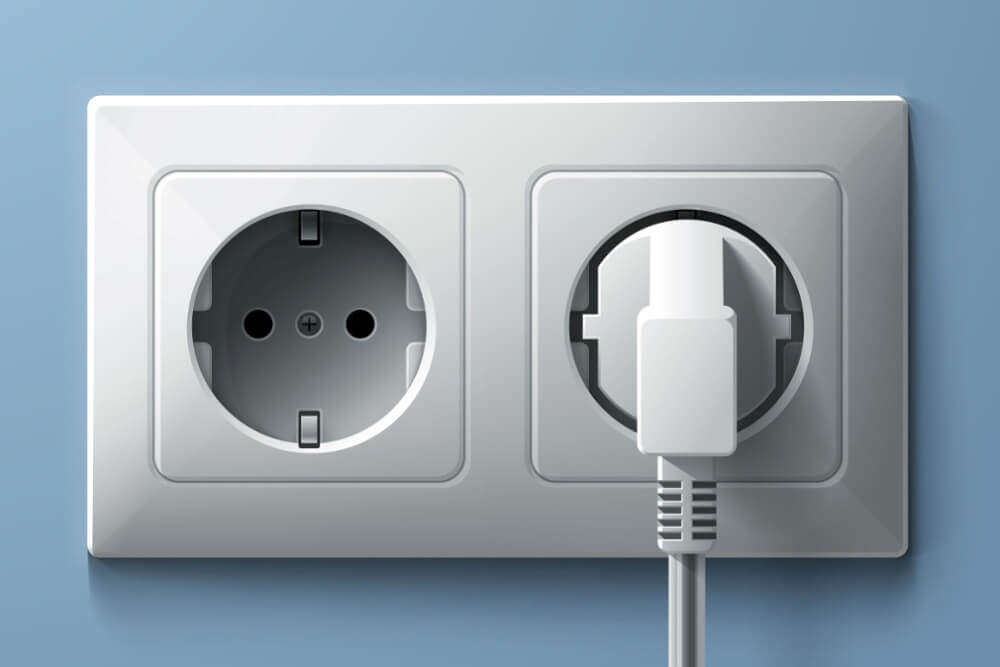
In Malaysia the standard voltage is 240 V. The standard frequency is 50 Hz. The power sockets that are used are of type G.
Money
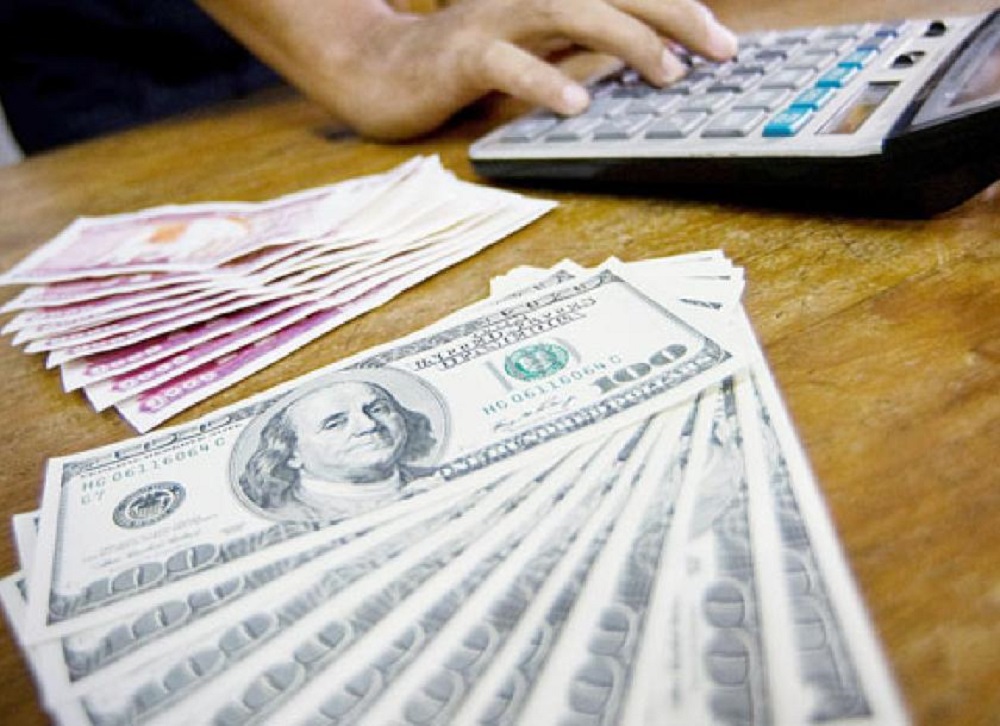
As the central bank of Malaysia, Bank Negara Malaysia is the monetary authority that oversees Malaysia’s financial system and economy.
There is no restriction for a non-resident traveller to bring into or out from Malaysia ANY amount of foreign currency including traveller’s cheques. The amount of Ringgit that a non-resident traveller can bring into or out from Malaysia is only up to USD 10,000 equivalent.
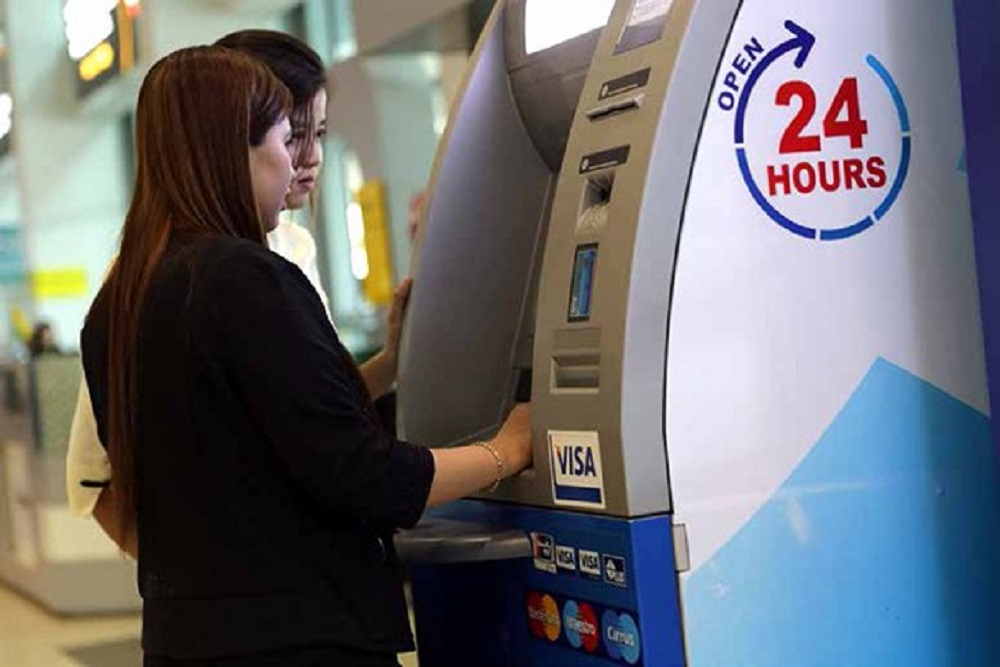
For the time being credit cards are only accepted by a few hotels which mostly charge high commissions on credit card payments (between 4-8%). It is recommended to carry both local currency Kyat and US dollars in cash, you will need both. Exchange rates in 2014 are around 1000 Kyat per US dollar. As of 2014, ATM machines have become increasingly common, primarily in urban areas. You will find one at most shopping and commercial districts and near international hotels. The ATM machines generally accept all international visa and master cards. The local bank fee is 5000 Kyat per transaction. However, some machines are outdated or poorly maintained and there is a risk of transaction error or your card getting stuck in the machine. Be vigilant when using ATM in Myanmar, try to use machines that look new and updated, preferably machines that are located at a branch of the bank operating the machine, and do not rely solely on your credit card as a source of payment during your trip bring cash with you as back up.
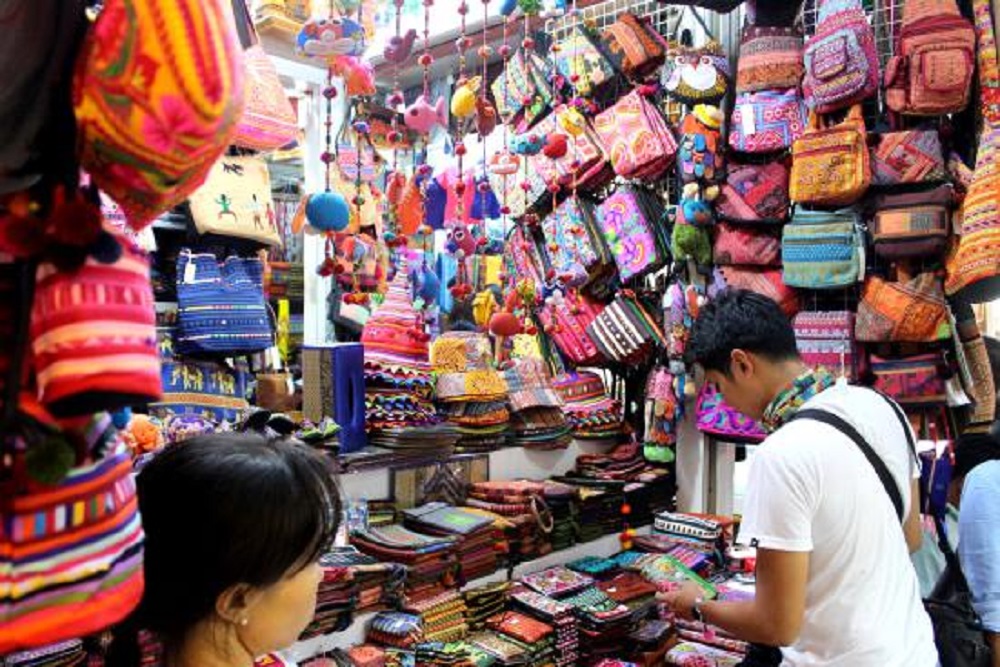
Apart from food, Malaysia is famous for shopping attracting millions of tourists with empty suitcases each year. Shopping centers fill Kuala Lumpur, Penang and other Malaysian cities with the latest fashion, clothes, shoes, perfumes as well as electronics, handicraft, and souvenirs at affordable prices.
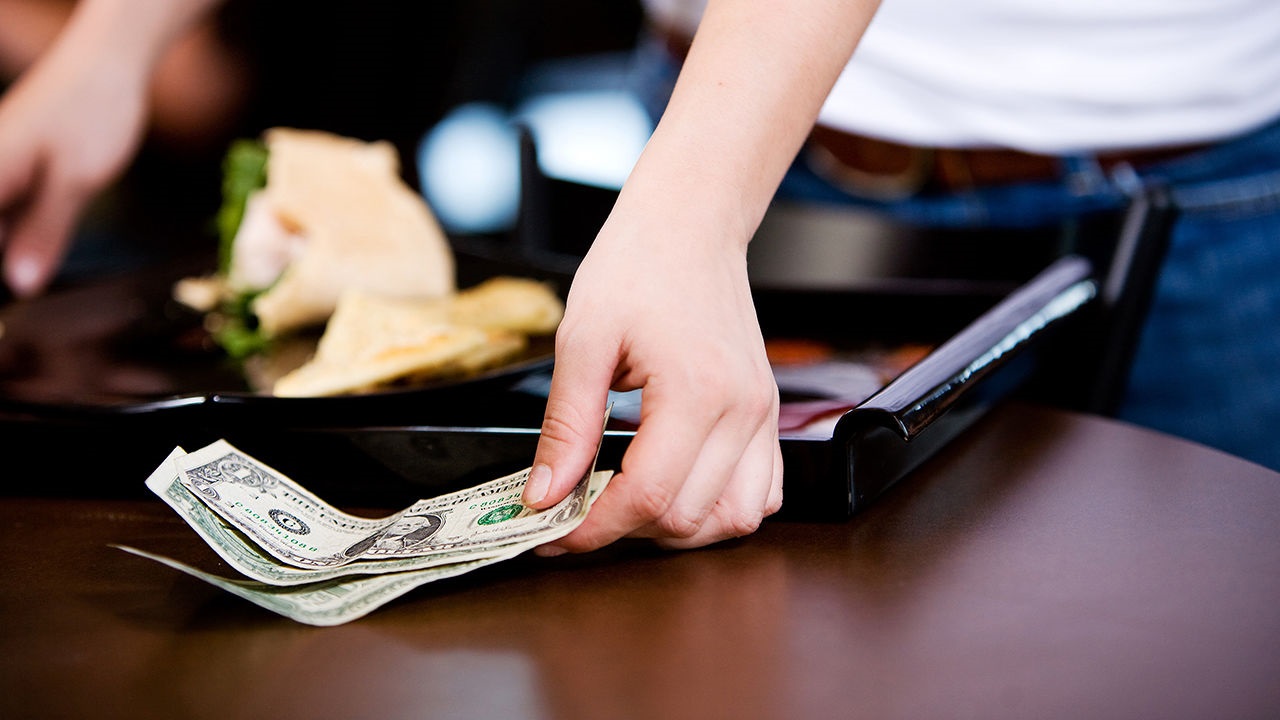
Tipping is not common practice in Malaysia and most people won’t expect it. In some tourist hot spots, you may notice 10% service charge added to your restaurant bill.
Explore our Tours in Malaysia
BEST OF BORNEO
This 12-days Borneo tour covers main highlights of Sabah. Starting and ending in Kota Kinabalu, capital of Sabah, you will explore the gushing rivers and wild forests of untamed Borneo. Meet the...
ULTIMATE BORNEO
This amazing and varied Borneo tour covers all top highlights of Sarawak and Sabah. Starting from Sarawak's capital Kuching you will explore the rivers, indigenous culture and longhouses....
KUALA LUMPUR & REDANG ISLAND
This 9-day Malaysia holiday will introduce you to city that never sleeps Kuala Lumpur Malaysia's thriving capital. From KL we flight to east coast of Peninsular Malaysia and Redang Island which...
BORNEO FAMILY TOUR
Family adventure like no other. Bring on the paradise beaches and tropical waters, white water rafting, survival skills training in jungle. Wildlife spotting with specialist guides and hanging...


